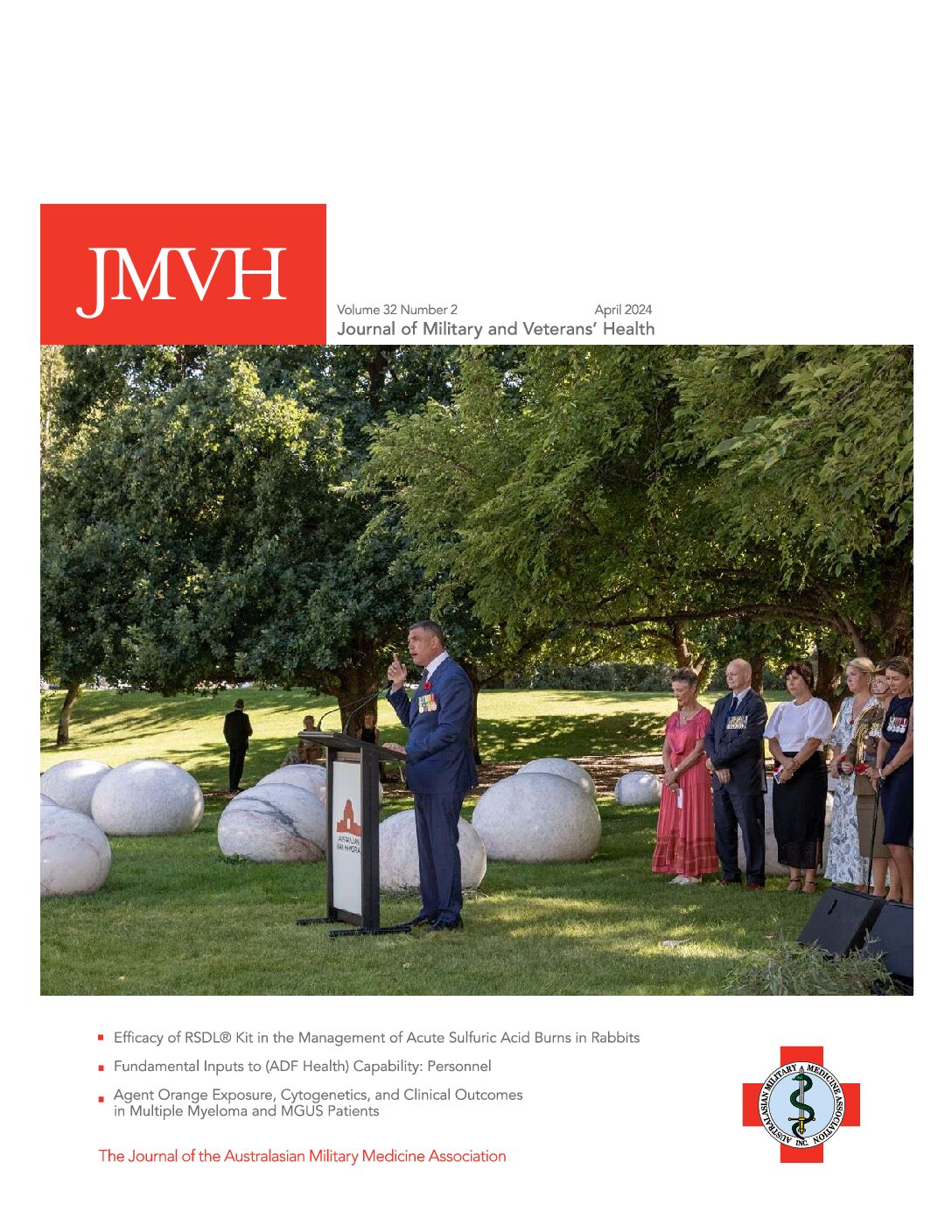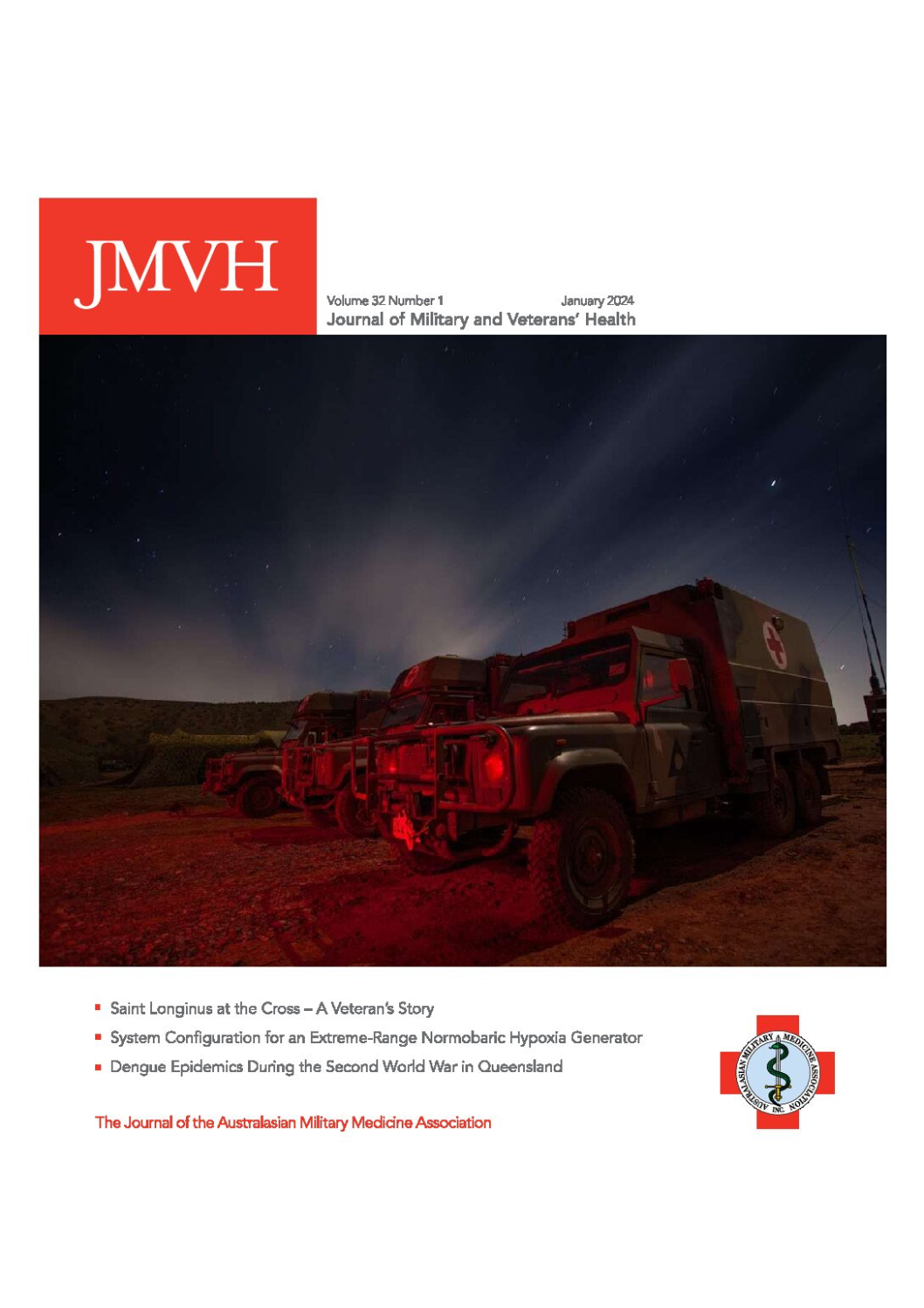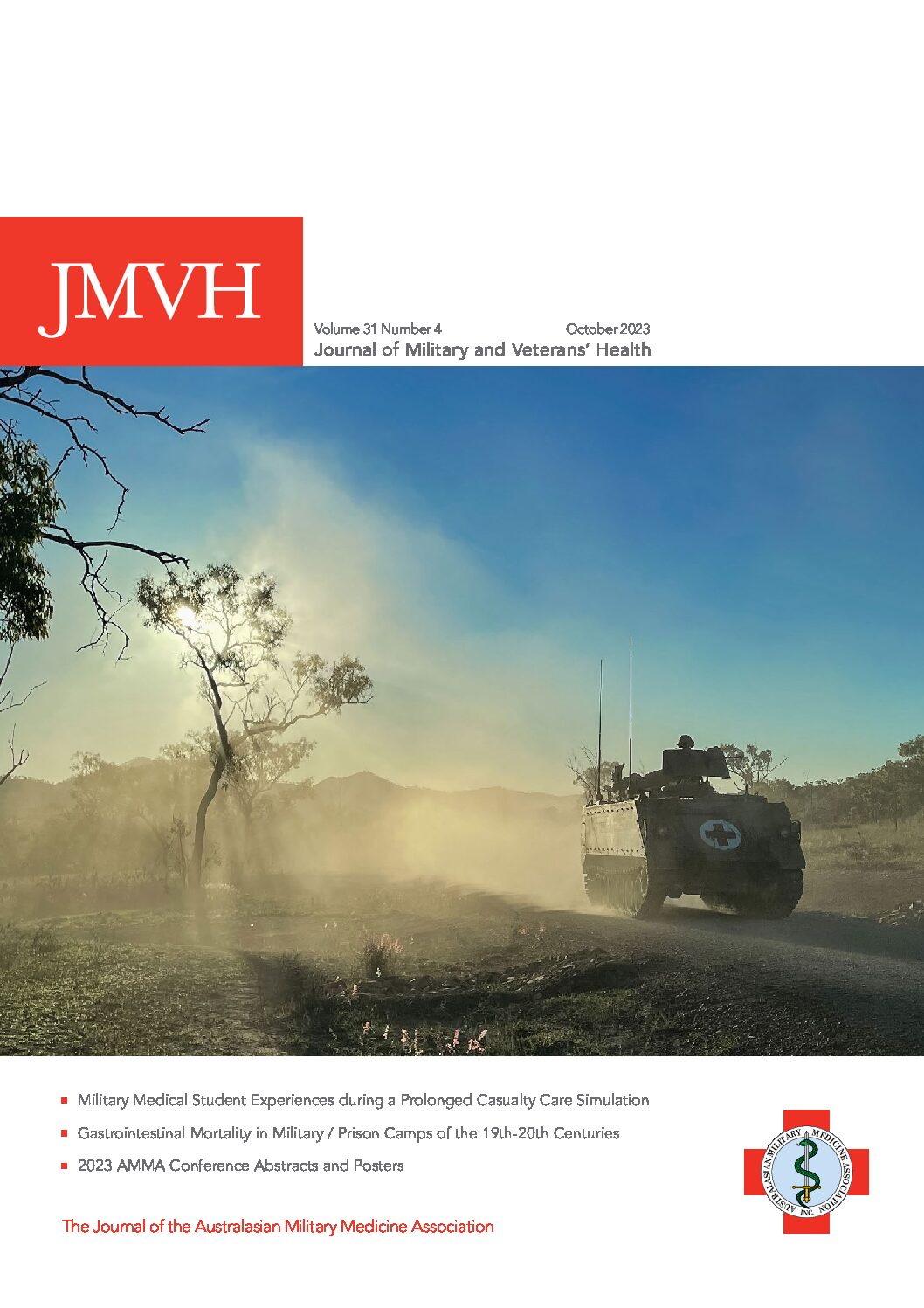ANOTHER INTERESTING FORTNIGHT has come to an end, as our ADF ships and personnel pre-deploy to the Gulf. One of the key issues over this period has been the Australian Defence Forces Anthrax Vaccination Program. While generally not controversial, the Anthrax Vaccination Program has reached that status with help from the media and the ADF decision to repatriate those ADF members who refuse to have the vaccine.
One recurring issue has been the safety of the vaccine, which although licensed in the United States and the United Kingdom, is not licensed in Australia. Despite comments to the contrary, this vaccine has been the subject of detailed scrutiny by both Defence and independent reviewers. In particular, the United States Institute of Medicine (IOM), in their publication “The Anthrax Vaccine: Is it Safe? Does it work?” l, has carried out an extensive review of both the efficacy and safety research. They conclude that it is an effective vaccine against anthrax, including inhalational anthrax, and that there are no life-threatening or permanently disabling immediate onset adverse events. They also conclude that there is no evidence of elevated risks of later-onset health effects, including the reproductive system.1
Dr Nass, in a letter to Emergency Medicine News2 in July 2002, raises the spectre of Gulf War Syndrome, claiming that anthrax vaccination has been linked to Gulf War Syndrome in 5 studies. Her claims were based on a number of prevalence and cross-sectional surveys, which showed some association of multiple vaccines, including plague and anthrax, with reporting of long-term symptoms only 3-5. In fact, the evidence, while still weak, was far stronger for the number of vaccines given rather than the specific vaccine.3-5 There was no direct claim of an anthrax vaccine link to Gulf War Syndrome by any of the studies and at least one did not even look at anthrax as a risk factor.6 In contrast, the IOM reviewed a large number of epidemiological studies and found no support for these assertions. A good reminder to go back to the original articles, particularly when sensational claims are made.
You will have noticed that there was not a third issue in 2002. Delays with processing and printing meant that the second issue was very late getting out and the decision was made to move to the first issue of 2003 to bring things back on track. To that end, the first issue of 2003 will be an interesting one. Serendipitously, our Ten Years On article is a review on anthrax, an issue that, like the spore, will not die. We also have excellent articles on aeromedical evacuation, thermobaric munitions, Defence health care, health policy development and Reserve humanitarian support. We also have the second and final part in the historical review of Tudor Naval Medicine. Our peer review process continues a pace and l thank all those reviewers who have volunteered. Finally, I have a willing volunteer as Assistant Editor, Lieutenant Nial Wheate, who you will hear more from incoming issues.






